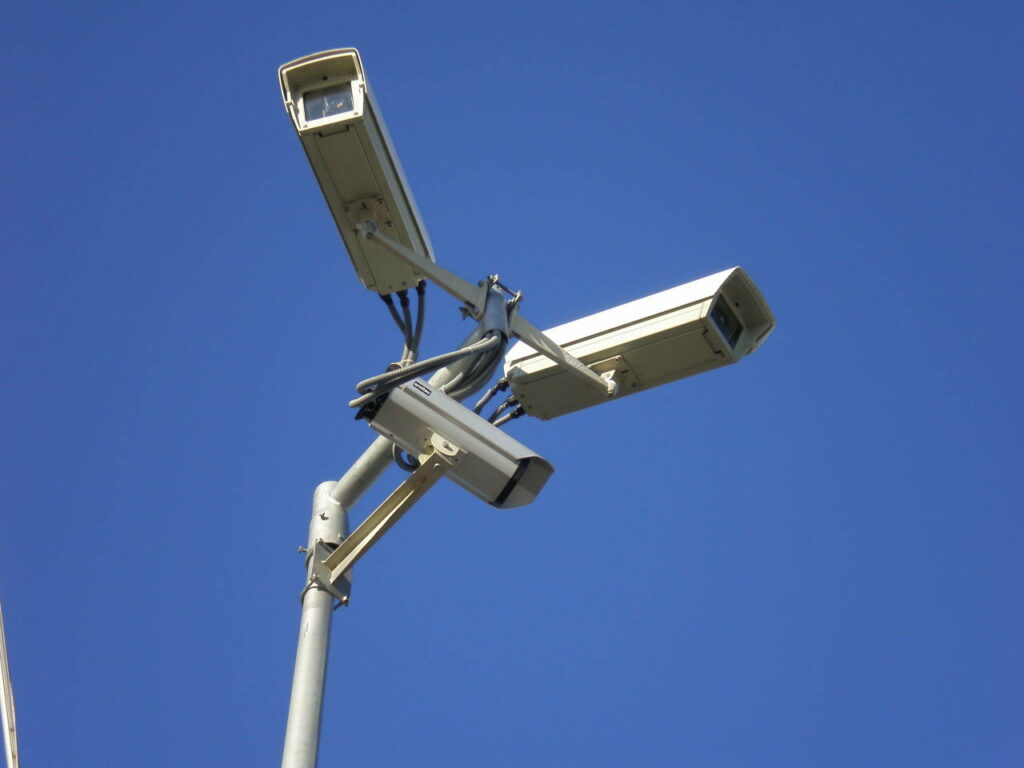How Increased Surveillance Leads to Decreased Efficiency

In an age of rapidly advancing technology and increasing concerns for security, surveillance has become a ubiquitous presence in our daily lives. From the CCTV cameras that monitor our streets to the digital tracking of our online activities, we are constantly being watched. While surveillance serves important purposes, such as enhancing security and deterring criminal activity, it’s crucial to recognize that an excessive level of surveillance can lead to decreased efficiency in various aspects of our lives. In this article, we will explore how increased surveillance can have a counterproductive effect on efficiency.
Workplace Productivity
Surveillance in the modern workplaces is a common practice, with employers using tools to monitor employee activities, both online and offline. While this can be a valuable tool for ensuring productivity, it can also lead to a decrease in efficiency. When employees feel they are being watched constantly, it can create a climate of distrust and anxiety, which can result in a decline in morale and overall productivity. Micromanagement through surveillance tools can demotivate employees, making them less likely to take initiative or think creatively.
Loss of Privacy
One of the most significant consequences of increased surveillance methods is the erosion of privacy. When individuals feel like they are constantly under watch, it can have a chilling effect on their behavior. People may become more cautious about their actions and communications, which can hinder their ability to express themselves freely, both at work and in their personal lives. In essence, the fear of being observed can lead to self-censorship, stifling creativity and innovation.
Distrust and Alienation
In a society marked by increased surveillance, trust among individuals can diminish. The perception that everyone is potentially a spy or informer can lead to strained relationships, both personally and professionally. This can hinder collaboration and cooperation, as people may be less willing to share information or work together for fear of being scrutinized. An atmosphere of distrust can be a major roadblock to achieving efficiency, whether in social interactions or business endeavors.
Creativity and Innovation
Efficiency often relies on creative problem-solving and innovative thinking. However, a culture of surveillance can stifle these qualities. When individuals are constantly aware that their actions are being recorded, they may hesitate to experiment, take risks, or propose unconventional solutions to problems. This can result in a lack of progress and a failure to adapt to changing circumstances, ultimately leading to decreased efficiency.
Administrative Overhead
The implementation and management of surveillance systems, whether in organizations or society at large, come with a significant administrative overhead. This includes the cost of setting up and maintaining surveillance equipment, as well as the time and resources required to review and interpret the data collected. In some cases, this administrative burden can outweigh the benefits of surveillance, diverting resources away from more productive endeavors. While some managers think programs that record employee computer activities will improve productivity, studies show that excessive monitoring actually leads to decreased efficiency, lower morale, and higher turnover among workers who feel distrusted.
Overwhelm and Information Overload
The more data collected through surveillance, the greater the challenge of processing and analyzing it effectively. In a digital age, we generate an immense volume of data daily, making it increasingly difficult to separate meaningful information from noise. This can lead to information overload, overwhelming those responsible for monitoring and making it harder to identify genuine threats or issues. Inefficiencies arise when valuable time is wasted sifting through vast amounts of irrelevant data.
Conclusion
Increased surveillance can provide valuable insights and enhance security. However, it’s crucial to strike a balance between security and individual privacy and efficiency. Excessive surveillance can lead to a host of issues, from decreased privacy and trust to a stifling of creativity and innovation. It’s important to critically evaluate the impact of surveillance measures and consider their potential consequences on efficiency and overall well-being. Striking a balance between security and individual freedom is essential for a prosperous and harmonious society.
